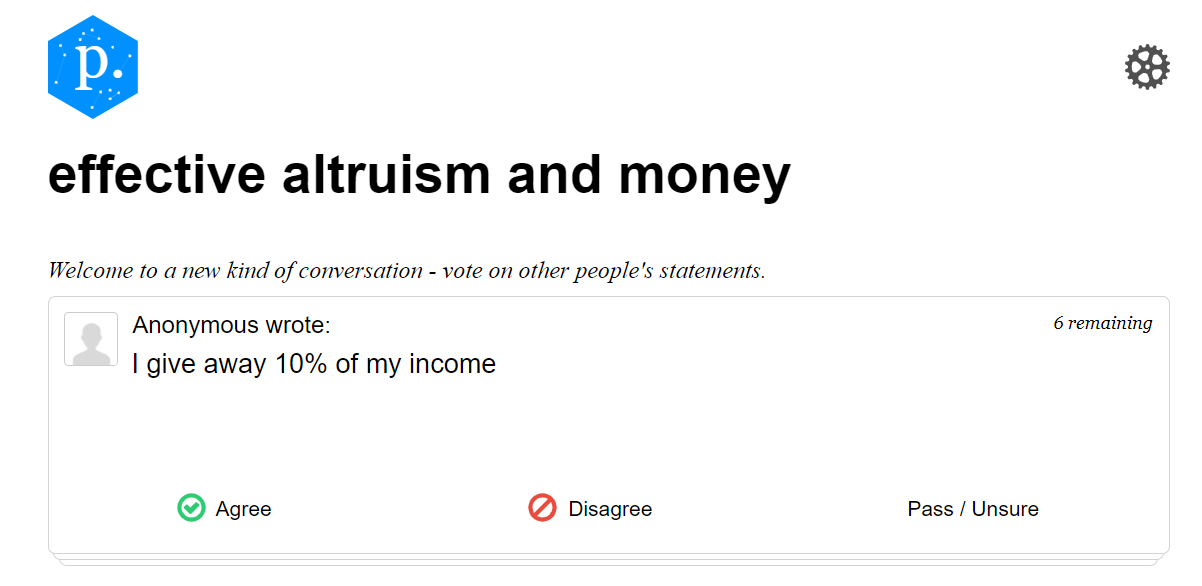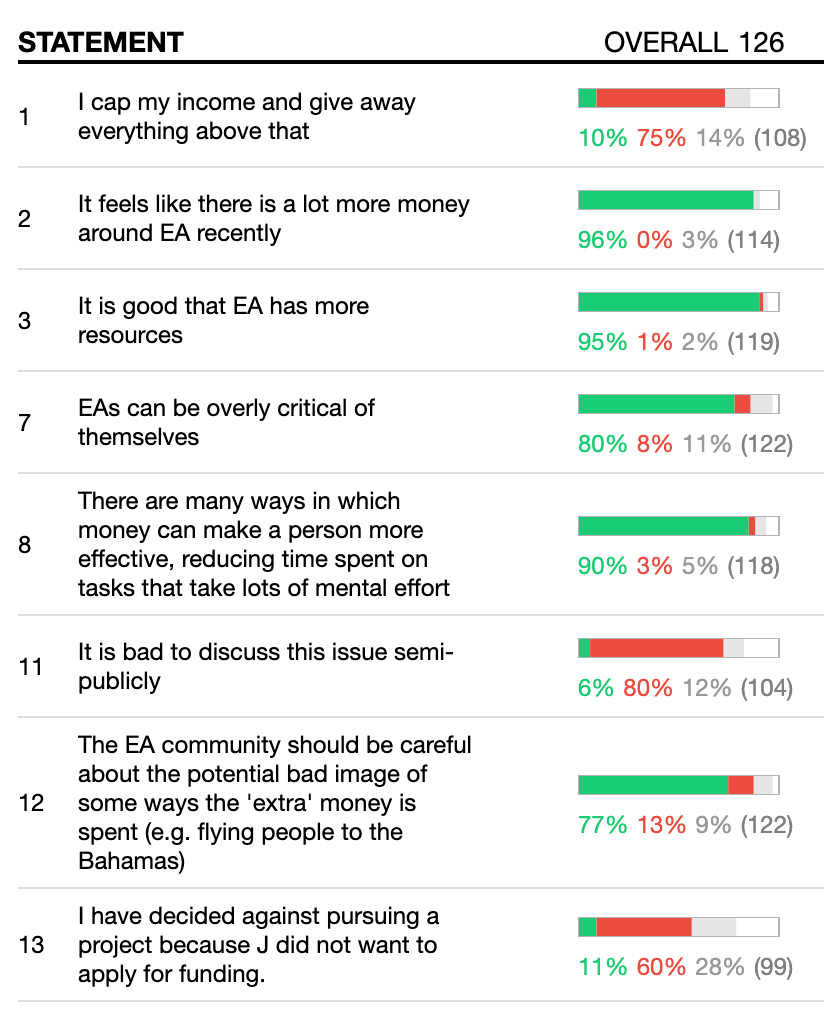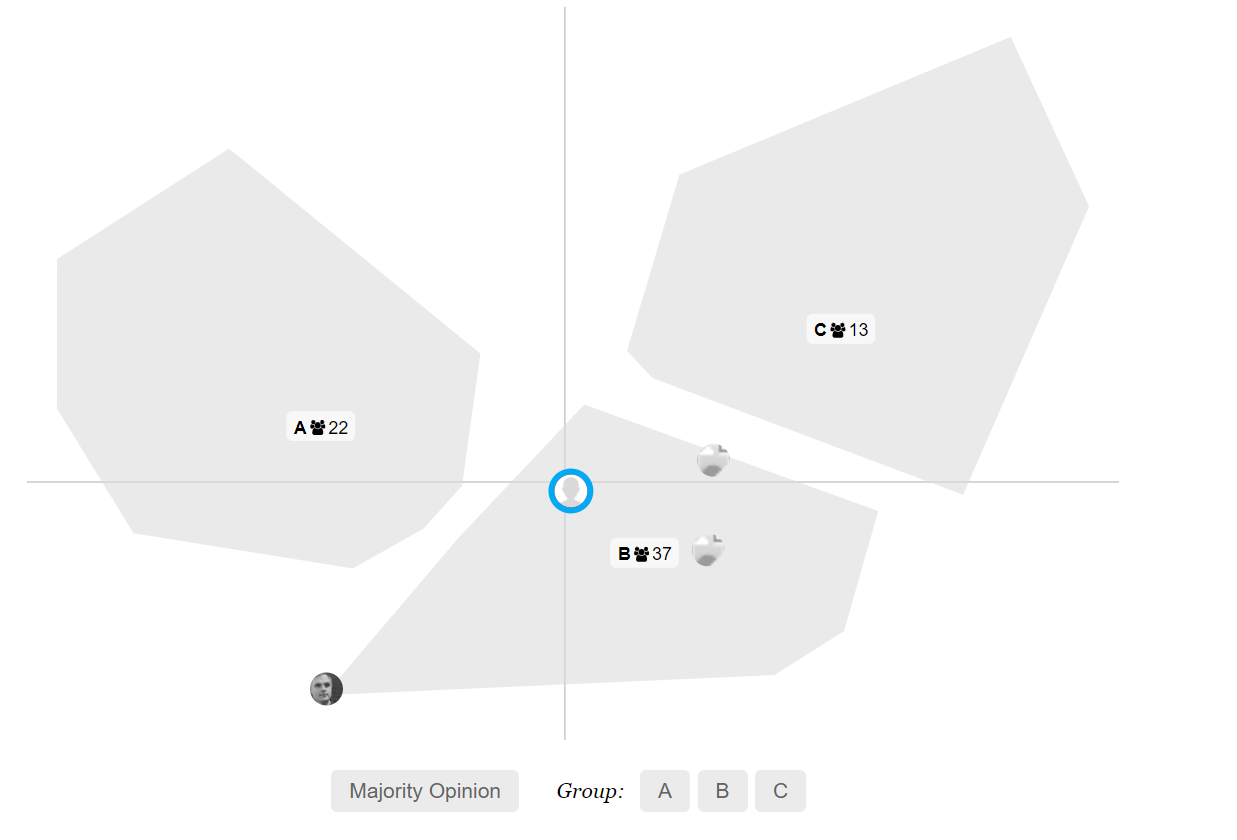Let's talk about the sharp increase in EA funding. I feel anxious about it. I don't think most of my feelings here are rational, but they do affect my actions, so it would be irrational not to take them seriously.
Some thoughts (roughly ordered from general to personal):
- More money is good. It means we have more resources to work on the world's most pressing problems. Yay
- I have seen little evidence that FTX Future Fund (FFF) or EA Infrastructure Fund (EAIF) have lowered their standards for mainline grants
- Several people have gotten in touch with me about regranting money and it seems it would be easier for the median EA to get say $10,000 in funding than it was a year ago. It's possible that this change is more to do with me than FFF though. And also, perhaps this is a good thing. I think it's positive EV to help well aligned people with finance to help them work on important projects faster.
- I'm really really really really grateful to EA Billionaries (in this case Sam Bankman-Fried) for working hard, taking risks and giving away money. I want to both express thanks and also say that working out how do deal with money as a community is important, reasonable work
- The joke "sign up to FTX Funds, I guess" is probably a bad meme. eg "I'm thinking of trying to learn to rollerblade" "sign up to FTX Future Fund?" suggests that FFF has a very low standard for entry. It is a good joke, but I don't think a helpful one.
- Perhaps my anxiety is that I feel like an imposter around large amounts of money - "you can't fund my project, I'm just me". As Aveek said on twitter, sometimes I feel "I wouldn't trust the funding strategy of any organisation that is willing to fund me". This is false, but sometimes I believe it, maybe you do to?
- Perhaps this anxiety is that I worry about EA being seen to be full of grifters. Like the person who is the wealthiest on their street, I don't want bad press from people saying "EAs are spendthrift". I don't think we are, but there is a part of the movement that does get paid more and spend more than many charity workers. I don't know what to do about this.
- My inner Stefan Shubert says "EA is doing well and this is a good thing, don't be so hard on yourself" and I do think there is a chance that this is unnecessary pessimism
- I talk about it on twitter here. I don't mind that I did this, but I think the forum is generally a better place to have the discussion than twitter. Happy to take criticism
- I have hang-ups about money in general. For several years after university I lived on about $12k a year (which is low by UK standards, though high by world ones). It's pretty surreal to be able to even consider applying for say 5x this as a salary. It's like going to a fancy restaurant for the first time ("the waiters bring the food to the table?") I just can't shake how surreal this all is.
- I think it's good to surface and discuss this but I'm open to the idea that it isn't and will blow over.
I've made a Polis poll here if you want to see how different views cluster





I've spent time in the non-EA nonprofit sector, and the "standard critical story" there is one of suppressed anger among the workers. To be clear, this "standard critical story" is not always fair, accurate, or applicable. By and large, I also think that, when it is applicable, most of the people involved are not deliberately trying to play into this dynamic. It's just that, when people are making criticisms, this is often the story I've heard them tell, or seen for myself.
It goes something like this:
Part of the core EA thesis is that we want to have a different relationship with money and labor: pay for impact, avoid burnout, money is good, measure what you're doing, trust the argument and evidence rather than the optics. I expect that anybody reading this comment is very familiar with this thesis.
It's not a thesis that's optimized for optics or for warm fuzzies. So it should not be surprising that it's easy to make it look bad, or that it provokes anxiety.
This is unfortunate, though, because appearances and bad feelings are heuristics we rely on to avoid getting sucked into bad situations.
Personally, I think the best way to respond to such anxieties is to spend the energy you put into worrying to critically, carefully investigate some aspect of EA . We make constant calls for criticism, either from inside or outside. Part of the culture of the movement involves an unusual level of transparency, and responsiveness to the argument rather than the status of the arguer.
One way to approach this would simply be to make a hypothesis (i.e. the bar for grants is being lowered, we're throwing money at nonsense grants), and then see what evidence you can gather for and against it.
Another way would be to identify a hypothesis for which it's hard to gather evidence either way. For example, let's say you're worried that an EA org is run by a bunch of friends who use their billionaire grant money to pay each other excessive salaries and and sponsor Bahama-based "working" vacations. What sort of information would you need in order to support this to the point of being able to motivate action, or falsify it to the point of being able to dissolve your anxiety? If that information isn't available, then why not? Could it be made available? Identifying a concrete way in which EA could be more transparent about its use of money seems like an excellent, constructive research project.